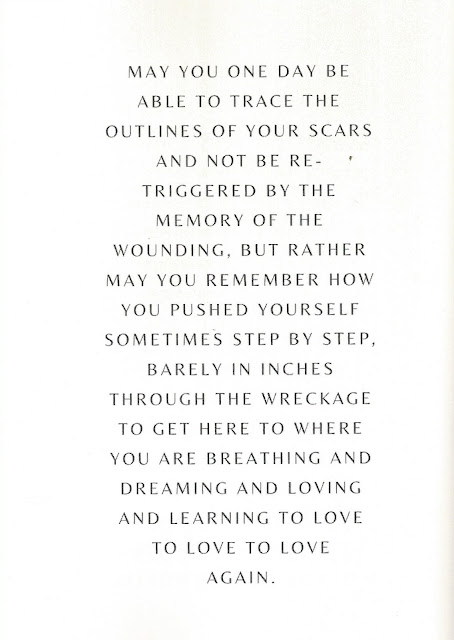BOOK REVIEW: Questioning Universal Basic Income
BOOK REVIEW
By Trace Hentz
First
the definition of Economics: the social science that studies the
production, distribution, and consumption of goods and services. In
college you might study economics if you’re going into business. As you
will read in this new book, money in the US is created by debt. Every
bank account is created by debt instruments. When people stop borrowing
money, currency creation stops. The rich convinced us that money put in
THEIR hands creates jobs and results in money for all. It’s called
“trickledown economics.” It’s been proven false, not true. Just the
rich get richer and that is not at all democratic. Instead, putting
money in the hands of all citizens would stimulate the economy and as
the author writes: “All citizens deserve an equal shot at full
participation in the economy and democratizing money provides that and
pays for itself.”
You may have heard of UBI? A basic income is a periodic cash payment unconditionally delivered to all on an individual basis, without means-test or a work requirement.
Since about 1790, economic philosophers puzzled over the question: "What are we going to do with all the surplus labor when new machines do all the work?" Slowly machines, computers and robotics are meant to free us from back-breaking physical labor and demanding mental labor.
With a Basic Income, we all have money and can spend it on anything. We can still work and get a college degree. People won’t immediately retire but choose to do something they really want to do, maybe something they consider a valuable contribution to their community.
Why can’t we give every American money each month? In his book Democratize Money, Monetize Citizens: A proposal (and a way to pay for UBI), Dr. T. Edward Westen offers an answer: Why not democratize money and have a democratic economy? Reading his book, he offers a viable way to pay for and fund a UBI for America.
Helped by his undergrad students questions, Dr. Westen wrote the materials in his new book in an often humorous and simplistic way. Dr. Westen provides so much information in 64 pages, I’ve read some parts more than once.
This was my first taste of economics. I had never read a book on this topic but I’m ready for UBI. Giving money to American citizens will not only impact homelessness, healthcare, agriculture, energy, but so much more! Why hasn’t this happened already? What are we waiting for?
You may have heard of UBI? A basic income is a periodic cash payment unconditionally delivered to all on an individual basis, without means-test or a work requirement.
Since about 1790, economic philosophers puzzled over the question: "What are we going to do with all the surplus labor when new machines do all the work?" Slowly machines, computers and robotics are meant to free us from back-breaking physical labor and demanding mental labor.
With a Basic Income, we all have money and can spend it on anything. We can still work and get a college degree. People won’t immediately retire but choose to do something they really want to do, maybe something they consider a valuable contribution to their community.
Why can’t we give every American money each month? In his book Democratize Money, Monetize Citizens: A proposal (and a way to pay for UBI), Dr. T. Edward Westen offers an answer: Why not democratize money and have a democratic economy? Reading his book, he offers a viable way to pay for and fund a UBI for America.
Helped by his undergrad students questions, Dr. Westen wrote the materials in his new book in an often humorous and simplistic way. Dr. Westen provides so much information in 64 pages, I’ve read some parts more than once.
This was my first taste of economics. I had never read a book on this topic but I’m ready for UBI. Giving money to American citizens will not only impact homelessness, healthcare, agriculture, energy, but so much more! Why hasn’t this happened already? What are we waiting for?
“You never change things by fighting the existing reality. To change something, build a new model that makes the existing model obsolete.” ― Buckminster Fuller




Comments